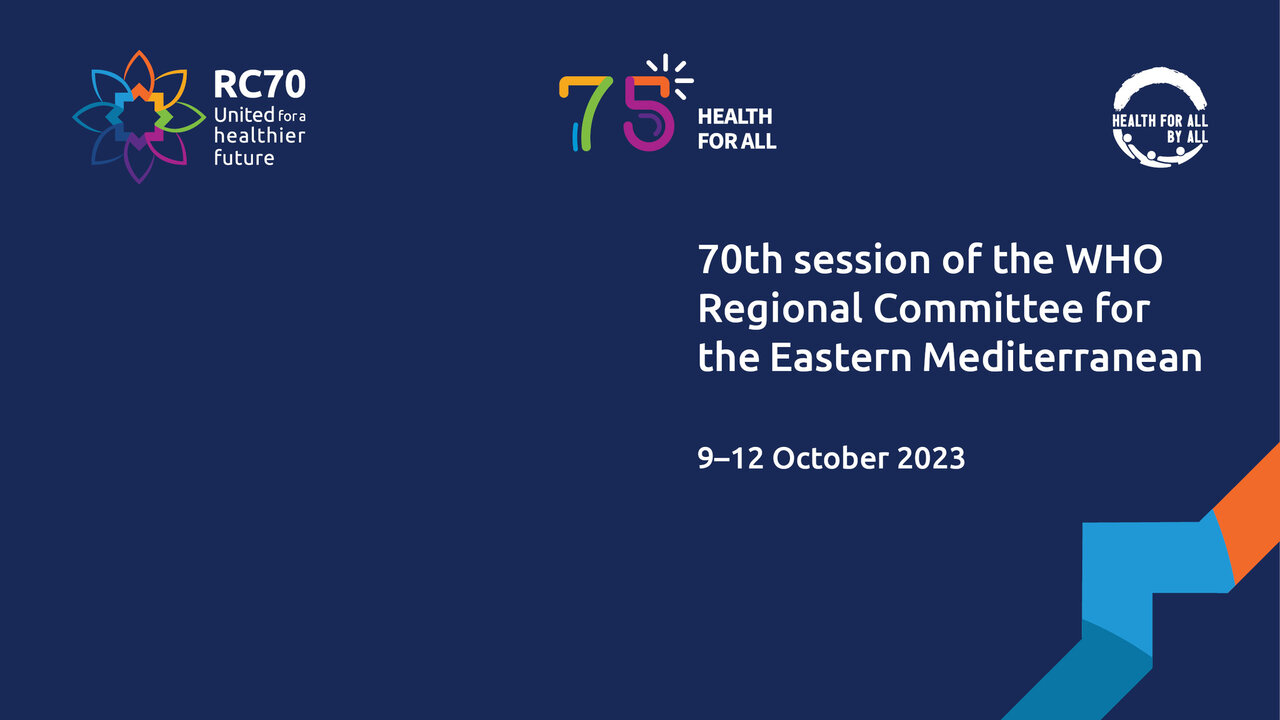Iran to attend WHO regional committee meeting

TEHRAN – A delegation led by Health Minister Bahram Einollahi is going to participate in the 70th session of the World Health Organization’s Regional Committee for the Eastern Mediterranean.
The event is planned to take place in Cairo, Egypt, from October 9 to 12, with the theme of ‘United for a healthier future’.
The minister is scheduled to deliver a speech on regional health issues as well as achievements of the Islamic Republic of Iran in the field of health despite sanctions.
On Tuesday, an election will be held for the position of director of the Eastern Mediterranean Region of the World Health Organization. Ali Akbari-Sari from Iran is among the nominees.
Also on Wednesday, the Kuwait government award for the control of cancer, cardiovascular diseases, and diabetes in the Eastern Mediterranean region will be presented to Afshin Ostovar, the head of the Endocrinology and Metabolism Research Institute of Tehran University of Medical Sciences.
Iran enhances regional health security
On May 12, Syed Jaffar Hussain, the World Health Organization Representative and Head of Mission in Iran, appreciated Iran for its efforts to enhance health security in the region.
The WHO representative also thanked Iran for holding the 26th G5 High-Level Experts Meeting on Health Cooperation and the 1st Healthcare Leadership and Governance Training Program, IRNA reported.
G5 countries (Afghanistan, Iran, Iraq, Pakistan, plus the World Health Organization) took part in the meetings from May 6 to 10 with the theme of “Joint Work for Solving Joint Health Problems.”
Addressing the opening ceremony, Health Minister Bahram Einollahi referred to the unity and cooperation of the countries in the fields of health, treatment, and medical education as a historical necessity.
Achieving, maintaining, and promoting health is never possible in a regional way and does not happen in an isolated region, but requires the cooperation of countries, especially neighboring countries, he stressed.
“To develop health in the countries of the group of five, we must look at health collectively and think about creating and promoting health in all countries.
The health sector of Iran, Iraq, Pakistan, Afghanistan, and Tajikistan is tied to each other. Today, with the relations and cooperation that exist in different sectors between the countries and neighbors, a disease is capable of penetrating all countries.”
“Therefore, our unity and cooperation is a historical necessity so that the health indicators in the region can be improved and brought to the ideal point,” the minister reiterated.
He went on to say that conditions should be provided so that professors, students, and scientists can easily communicate with each other and travel to each other's countries without hindrance and hold joint scientific conferences.
“Many incidents have happened in the region, such as this year’s huge earthquake in Turkey and last year's flood in Pakistan, which unfortunately left many damages and deaths. These bitter incidents show the need for joint cooperation to help each other.”
Health is the common link of the countries of the region and it can cause the unity and development of the cooperation of the G5 countries and also a prelude to the development of the health economy, he added.
“Iran has achieved many successes in the field of knowledge-based companies and is able to provide 99 percent of its pharmaceutical needs and 40 percent of its advanced medical equipment needs.”
MT/MG
